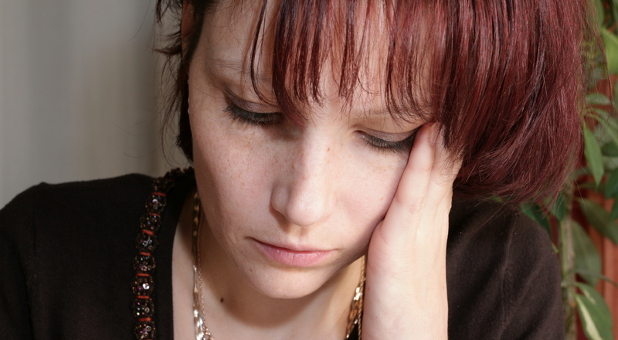The Truth About Panic Attacks
Have you ever thought about the process our body goes through while responding to a panic attack? Knowledge of this mechanism can help us control our anxiety, fears and phobic reactions.
The human body has a strong defense system. The mechanism comes into action the moment it senses fear or external threat. A series of actions are involved behind our body’s single gesture of response.
In the first second of the panic attack, eyes or ears being the first witnesses of the anxiety trigger detect it and send an alarm message straightaway to the emotional hub (or the fear hub) of the brain, which is known as the amygdala. At this instance, the logic hub of the brain, the prefrontal cortex, is dominated by amygdalae.
Amygdalae instruct the adrenal glands to discharge adrenaline and cortisol—the stress hormones. As a result, the person experiences rapid sweating, quick breathing, increased heart rate and pupils’ dilation.
These responses help the person remain composed and focused on the situation. Sweating keeps the body calm, increased breathing and heartbeat facilitate the transportation of oxygen to muscles while pupil dilation aids in keeping a watch on the panic trigger.
In the next five seconds, the brain starts secreting endorphins and natural painkillers in order to safeguard the body from a physical attack that may occur. Some amount of dopamine, which is the feel-happy hormone, is also released to balance the emotional condition. Dopamine however does not completely eradicate the feeling of anxiety or fear.
At this point, the person needs to consciously make an effort to calm down his nerves. At times people fail to do so and become unconscious because of the sudden increase and decrease in blood-pressure levels.
If a person is unable to get himself composed, he should immediately leave the site so the human mind comes out of panic mode. As soon as the person stops seeing or hearing the panic trigger, the visual or auditory sense transmits a message to the amygdala to stop releasing the stress hormones. This way, the body returns to the normal working state.
The time frame varies from person to person. Some may feel nervous for a few days, while others may overcome their anxiety quickly. In case of real phobic people, the brain will respond with the same intensity whenever exposed to the trigger unless the person shows some courage and compels his or her brain to act more logically in such situations.
Don Colbert, M.D. has been board certified in Family Practice for over 25 years and practices Anti aging and Integrative medicine. He is a New York Times Bestselling author of books such as The Bible Cure Series, What Would Jesus Eat, Deadly Emotions, What You Don’t Know May be Killing You, and many more with over 10 million books sold. He is the Medical Director of the Divine Health Wellness Center in Orlando, Florida where he has treated more than 50,000 patients.




























































